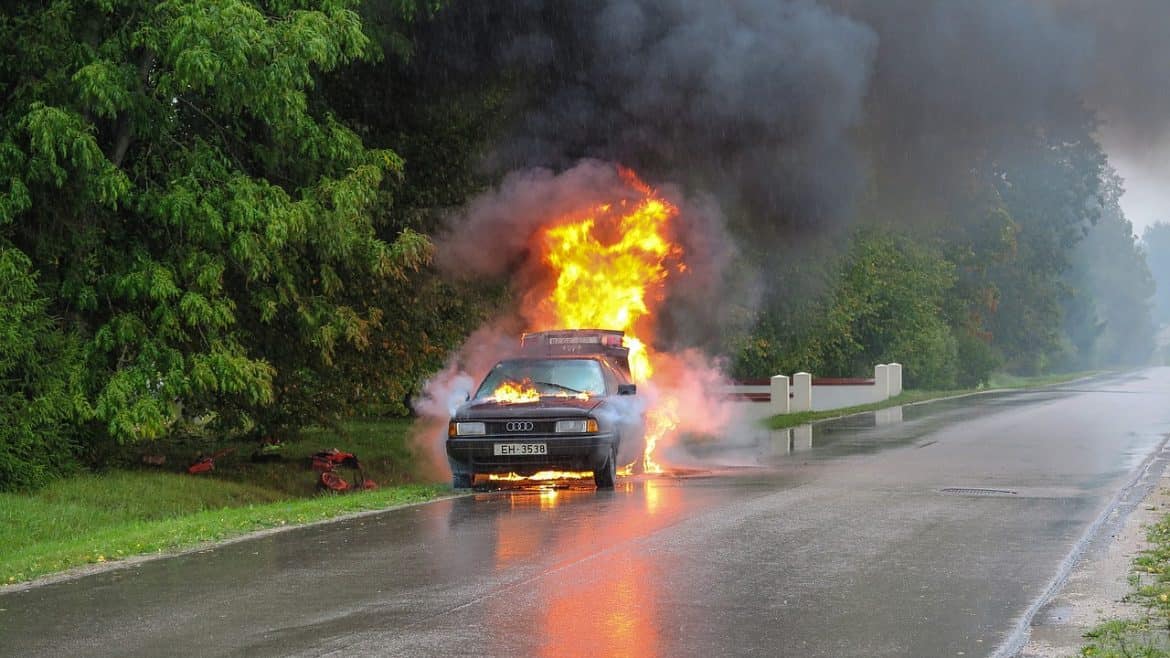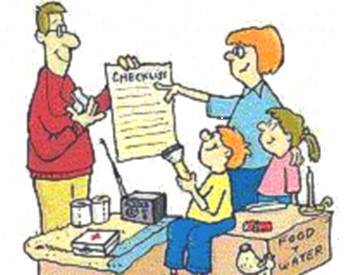I subscribe to a Good, Better, Best philosophy when it comes to preparedness resources. I would rather have a good piece of equipment RIGHT NOW, than have plans to buy the best most ultimate piece of gear someday. Then as I learn to use that good piece of equipment, it helps me know what too look for when I have the resources to upgrade. Once you start to understand the fundamental skills contained in the non-fiction must have list, you may want to learn more details. This next list is a little more in depth. It will be followed by a third list at a later date.
Tag: disaster preparedness
100 Things to Disappear First In a Disaster
You might have seen this list floating around the internet. I don’t know who first created it. Nor do I know when. However, I thought it brought up some interesting points. I took the liberty of reformatting it when I found it skipped items 14 and 15. Additionally, I added a couple to make 100. […]
Quick and Easy Tips to Make Sure Your Household is Prepared
Preparedness and planning resources have been a main topic of conversation on this site for quite some time. Preparedness is worth investing time into in order to ensure the safety and security for yourself and your family. In addition to taking the necessary steps to prepare a household for emergencies, it’s also important to establish […]
Dave Ramsey’s Baby Steps and Preppers
I am a fan of Dave Ramsey, I listen to him on the radio, read his books, and being from Tennessee, I have driven by his studio several times as it is just down the road from one of my favorite gun stores. The thing I like best about his system is that it takes […]




